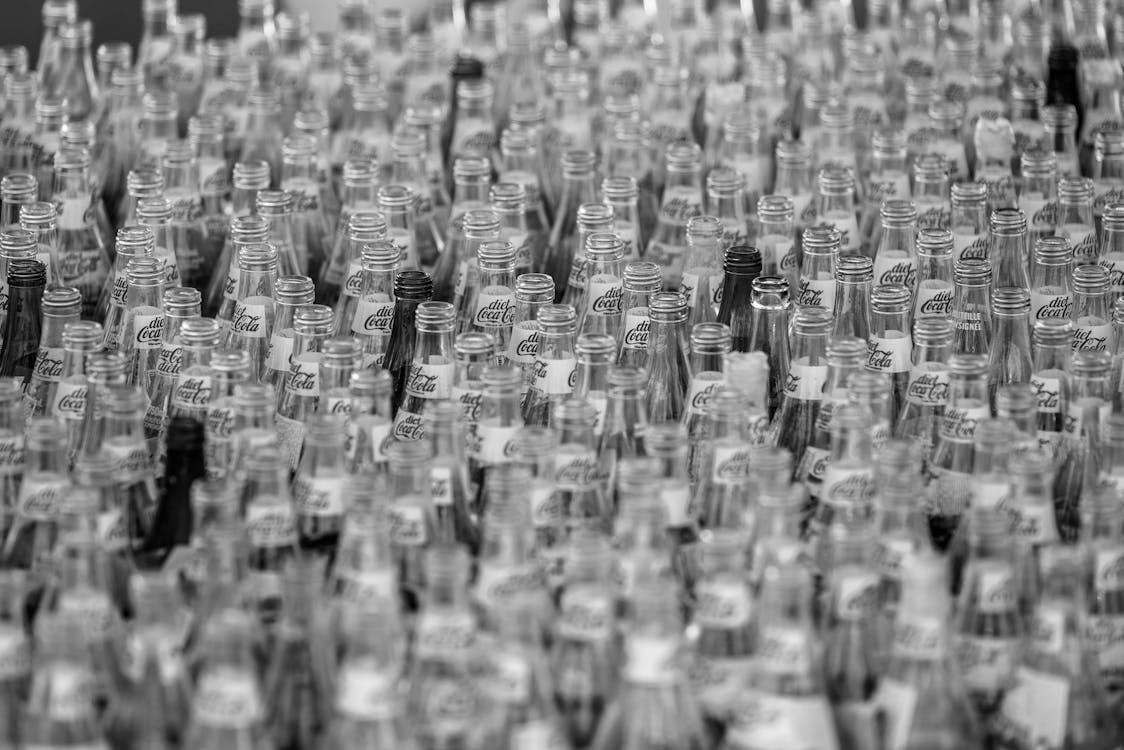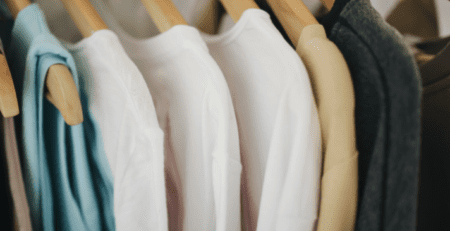Common Household Items That Are Taking Up Space in Landfills
Our landfills are rapidly reaching their maximum capacity. Due to their locations, we don’t see the amount of junk we create and its impact on landfills and their surrounding environment. Each American creates more than four pounds of waste each day, making us the highest waste generating country.
According to the US EPA, the most common material found in landfills is plain old paper, often accounting for more than 40% of the space in a landfill. However, it’s not just paper that is maxing out our landfills rapidly.
Many household items that are not biodegradable or recyclable are responsible for filling our landfills. Some of these items include the following:
Plastic bottles:
Plastic can take anywhere from ten to a thousand years to decompose. Unfortunately, plastic is everywhere, and everything from drinks to cleaning supplies comes packed in a plastic container.
While plastic is a great convenience, studies have found that around 60 million plastic bottles end up as waste in landfills every day.

Glass bottles:
While you may think glass is better than plastic because it can be recycled, most glass bottles end up going into landfills anyway. Since glass is non-biodegradable, once a glass bottle ends up in a landfill, it will be there forever.
The EPA estimated that around seven million tons of municipal solid waste glass were thrown in landfills in 2015, making it accountable for 5% of all landfill space.
Styrofoam:
Another culprit that is loved for its convenience in packaging, insulation, food storage, and more, Styrofoam takes up a lot of space in landfills and is non-biodegradable. Styrofoam accounts for almost 30 percent of all landfill space in America.
Aluminum Foil:
Although aluminum foil is essential in the kitchen, it takes 400 years to decompose off completely. Around 75% of the aluminum foil produced in the USA is used for packaging food, and most of it ends up in landfills since it cannot be recycled.

Light Bulbs:
Around 670 million fluorescent light bulbs are used in the United States every year, and throwing them away can cause them to leak mercury and contaminate soil and water. Light bulbs are also prone to breakage and can cause to humans and animals if they do.
Since light bulbs are non-biodegradable, a better alternative to throwing them away is to ask around for local collection centers that take burnt-out waste bulbs.
Batteries:
Batteries can take around a hundred years to decompose, and despite their redundancy today, they still make up 20% of the most hazardous household materials present in our landfills.
Play your part and dispose of your waste responsibly. Call Junk Daddy at 844-407-JUNK (5865) for junk removal services in Orlando. We take special care to recycle materials and throw waste away in select treatment centers. Contact us here to book our services.












Leave a Reply